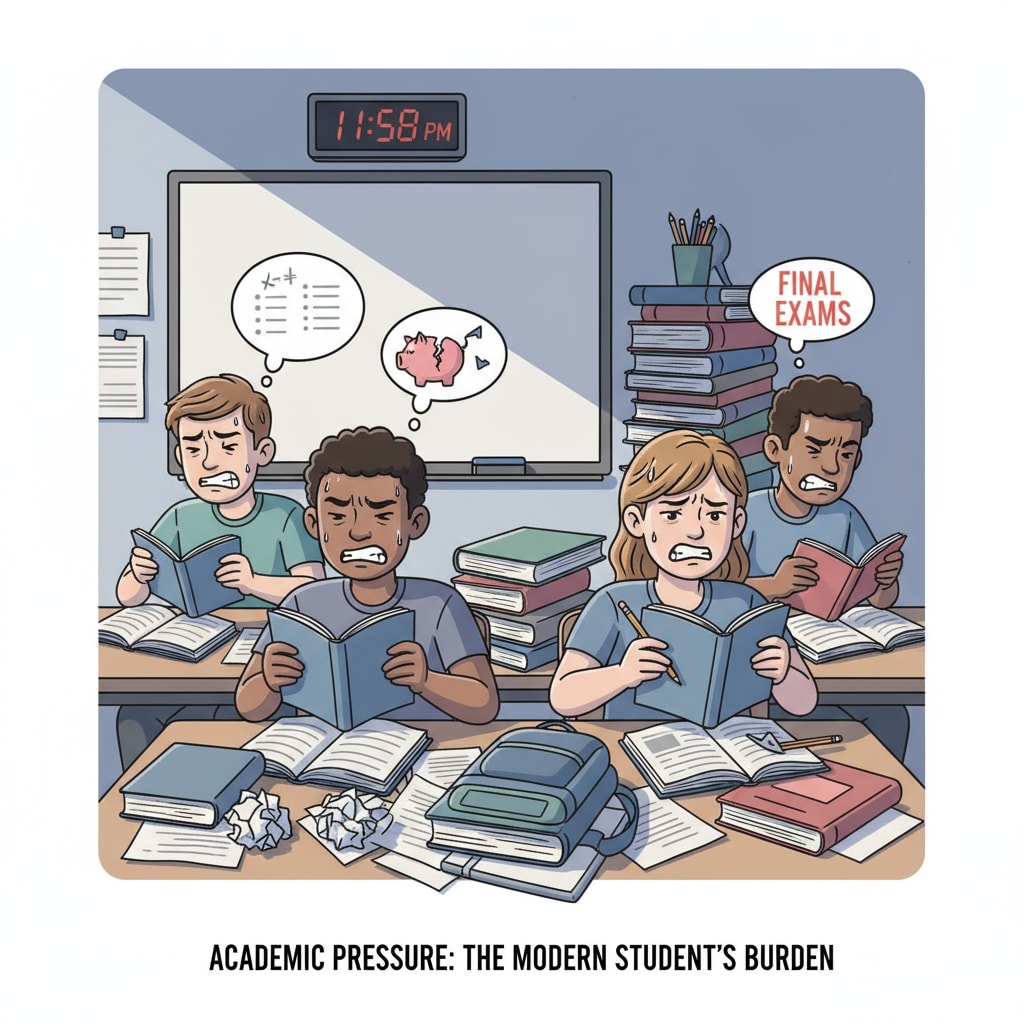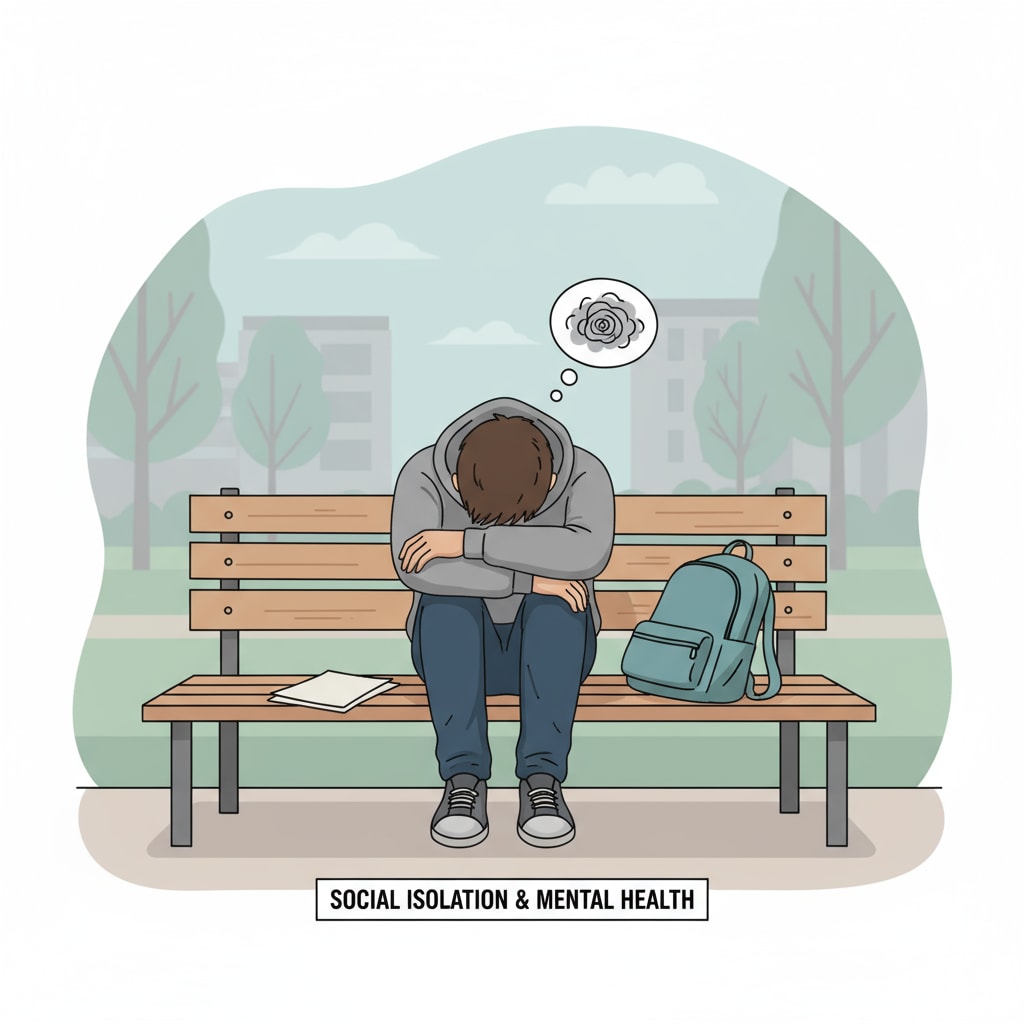Mental health, taking a semester off, and social pressures are intertwined issues that many K12 students face today. In the highly competitive world of K12 education, students often struggle with their mental well-being. When a student decides to take a semester off due to mental health problems, they are met with a wave of social pressure. This pressure can come from various sources, including parents, peers, and society at large.

For example, parents may worry about their child falling behind academically, while peers might not fully understand the need for such a break. It’s essential to address these issues to create a more inclusive and supportive educational environment.
The Stigma Surrounding Taking a Semester Off
There is a significant stigma attached to taking a semester off for mental health reasons in K12 education. Society often views education as a linear path, where any interruption is seen as a failure. As a result, students who take a break may be labeled as lazy or uncommitted. This stigma can further exacerbate their mental health issues. According to the American Psychological Association, the lack of understanding about mental health in educational settings contributes to this negative perception. For instance, teachers and school administrators may not be adequately trained to recognize the signs of mental distress and support students in need.

The Inadequate Attention to Mental Health in Education
The current K12 education system places a heavy emphasis on academic performance, often overlooking the importance of mental health. Many schools lack sufficient mental health resources and support services. This means that students struggling with mental health issues may not receive the help they need in a timely manner. In addition, the high-pressure environment of exams and assignments can take a toll on students’ mental well-being. As reported by Education Week, there is a growing need to integrate mental health education into the curriculum and provide more comprehensive support for students.
To address these challenges, schools, families, and society need to work together. Schools should invest in mental health resources, train teachers to recognize and support students with mental health problems, and create a more flexible educational environment that allows students to take breaks when necessary. Families should also be more understanding and supportive, encouraging their children to prioritize their mental health. Society, on the other hand, needs to change its perception of taking a semester off for mental health reasons and view it as a sign of strength rather than weakness.
Readability guidance: By using short paragraphs and lists, we can clearly summarize the key points. For example, under each H2, we can provide a list of relevant issues. We should also control the proportion of passive voice and long sentences. Additionally, by adding transition words like “however,” “therefore,” “in addition,” “for example,” and “as a result” throughout the text, we can improve the flow of the article.


